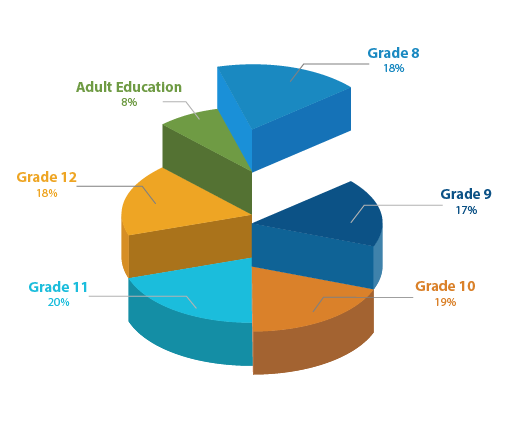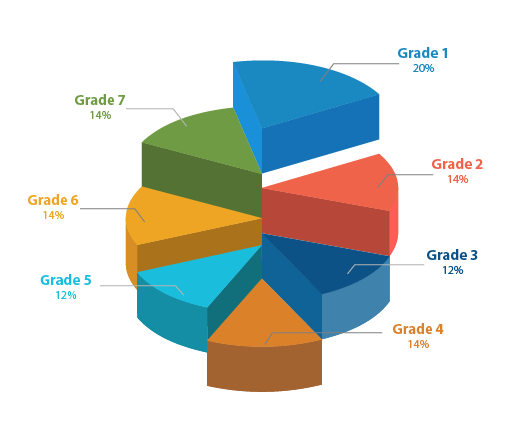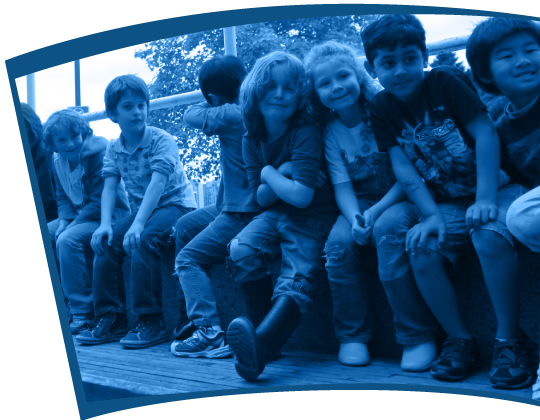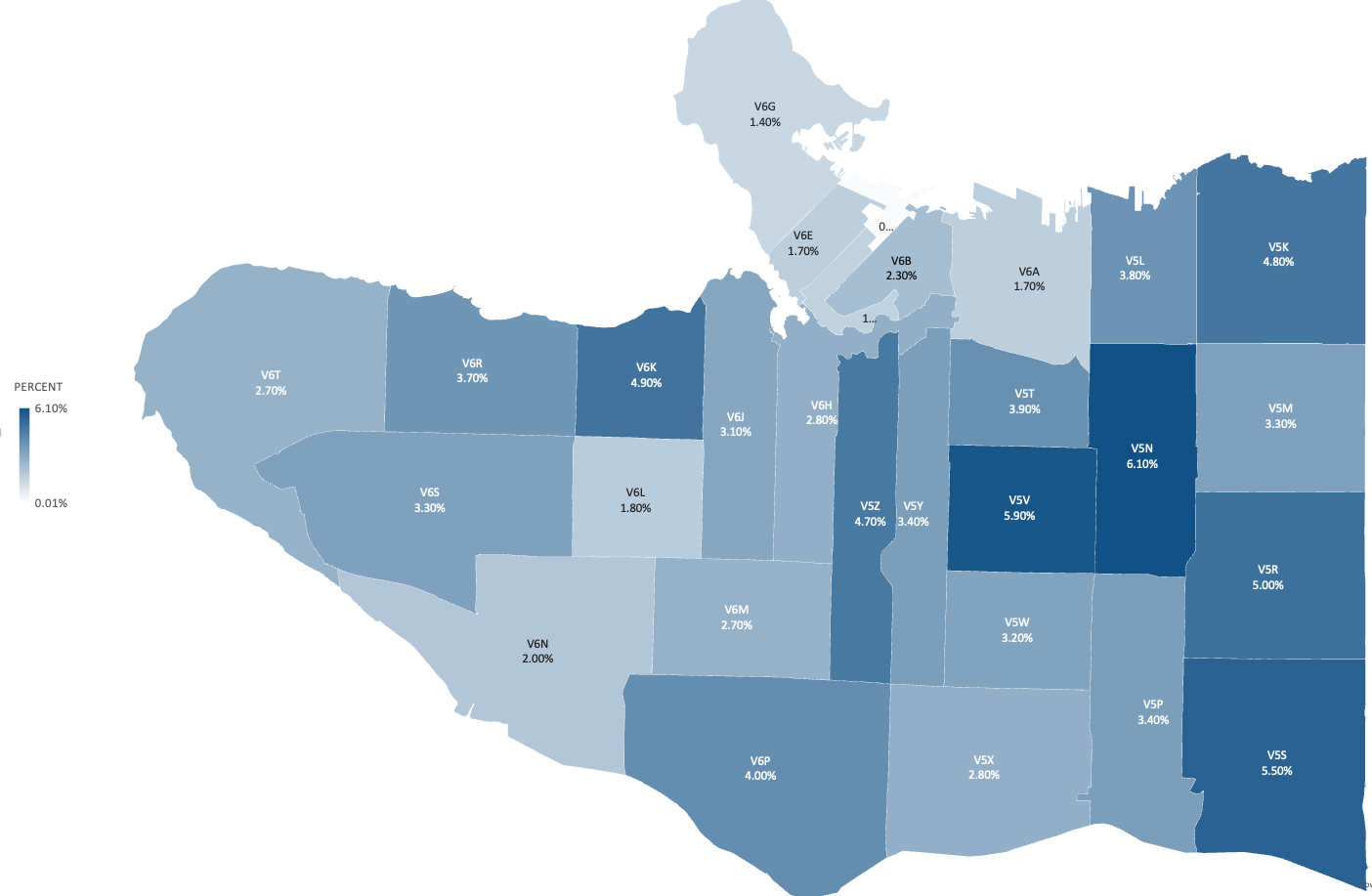Knowledge Gathering
- Introduction
- Engagement
- Phase 1 - Knowledge Gathering
- Phase 2 - Knowledge Gathering
- What we learned
- Next Steps
- Background
Introduction
The Vancouver School Board needs a new strategic Education Plan to guide the District through the 2022 to 2026 period.
The new Education Plan will:
- Set the goals and objectives for the District for the five-year period
- Provide the basis for operational planning by the superintendent
- Chart the District’s course of action to achieve the Board’s goals and objectives
- Function as a reference point for staff, enabling them to align their work to achieve the Board’s goals and objectives
- Help the Board establish priorities for the allocation of resources
- Reflect in the goals and objectives, the aspirations of First Nations, the community, and stakeholders with whom the Board consulted.
Engagement
The 2022-2026 Education Plan is being developed in a multi-stage process that started in May 2021 and is expected to be completed in April 2022. It includes engagement – Knowledge Gathering – with students and their families, staff, First Nations, stakeholders and the citizens of Vancouver to gather data about educational priorities and the performance of the Vancouver School Board. After a comprehensive Knowledge Gathering process, a plan will be developed and implemented.
| Stage | Activities |
|---|---|
Student engagement (May – September 2021) | |
Knowledge Gathering (September – October 2021) |
|
Knowledge Gathering (November – December 2021) |
|
Roadmap and logistics (December 2021 – March 2022) |
|
Plan launch (April 2022) |
|
Phase 1 – Knowledge Gathering
Round one of the Knowledge Gathering phase included staff and trustees visiting more than 40 schools between May and October 2021, to hear from approximately 900 students about what matters most to them in education.
In addition, students, families, staff, and the public were invited to share their expectations and aspirations for Vancouver schools through an online survey in September and October 2021. The Board contacted more than 70,000 families, approximately 7,000 VSB employees, and about 100 community organizations encouraging them to share their voice. The survey was also promoted extensively through social media channels including Facebook, Instagram, TikTok, Twitter and LinkedIn. More than 4,000 parents, guardians, or caregivers responded to the survey, as did more than 1,550 students and more than 700 VSB staff members.
The surveys posed two main questions. The first question presented the 14 areas that Vancouver schools prepare students in and asked students’ families, staff, and students to order the areas from most to least important.
- Cooperate with others
- Develop ethical and moral attitudes and values
- Develop their physical health and fitness
- Establish positive relationships with others
- Express themselves in art and music
- Find their way confidently through unfamiliar situations
- Improve their digital literacy and skills
- Improve their knowledge and thinking
- Positively influence their lives and the lives of others
- Succeed in the future
- Take responsibility for themselves
- Think critically creatively and deeply
- Understand the consequences of their own behaviour
- Use language numbers and knowledge
The list of 14 areas is representative of the goals associated with British Columbia’s Ministry of Education’s mandate to develop the educated citizen.
The second survey question asked students, their families and staff to rate how well the VSB prepares students in the 14 areas listed above. In addition, respondents were given the opportunity to provide written comments with more information about their answers to each question. Respondents could also upload documents and comment freely about anything they thought would be helpful to the Board in developing its Education Plan.
Phase 2 – Knowledge Gathering
Building on this engagement, round two of Knowledge Gathering in November 2021 included focus groups with students, students’ families, teachers, administration, First Nations and stakeholders to develop a deeper understanding of perspectives about how well the VSB is preparing students for the future. Nine focus groups were held, involving more than 80 participants.
What we learned
Participants were well distributed across all neighbourhoods in Vancouver and their responses were creative, critical and detailed. The distribution of responses across Vancouver ensures that respondents in all communities had their voices heard.
Respondents concurred widely that the VSB should focus on growth and improvement. Many noted that they support having a variety of programs, and desire more challenges for students in the curriculum.
Three overarching takeaways are:
- The VSB should identify and implement ways to improve outcomes for students
- Equity and inclusion must be ensured across the school system
- Reconciliation with First Nations should be a priority
Students, especially secondary students, are concerned about the future. They want their education to prepare them for what follows their completion of school. Students in the engagement sessions made it clear that they think teachers are key to their learning and support. Students at all levels – as well as their families – want safe, welcoming, caring, and inclusive schools in which to learn and schools that are free from bullying, racism, and discrimination.
There was consistency among groups in the prioritization of the goals of education. Thinking critically, creatively, and deeply was the top priority, followed by improving knowledge and thinking, and taking responsibility for one’s self.
More than half, and often substantially, the respondents felt that their expectations were met or were exceeded in 11 of the 14 areas. More than 65 per cent of respondents said that their expectations were met or exceeded regarding teaching students to cooperate with others, to positively influence their lives and the lives of others, to improve their knowledge and thinking, and to use language, numbers, and knowledge. The data also indicates that there is much room for improvement in all areas.
Phase two added detail and nuance to the comments made in the survey and confirmed the themes identified in the survey: That students and their families seek challenge. They want an education that requires students to think critically, creatively, and deeply. Reconciliation and equity were themes raised by many. People want the publicly funded education system to do more to improve outcomes for students who have challenging lived experiences and learning needs affecting their life chances.
Next Steps
A working group of trustees has reviewed and analyzed:
- The survey data, comments, and documents submitted
- Data gathered through focus groups with parents, students, teachers, administrators, and stakeholders;
- Information provided from internal sources and from the Ministry of Education.
The working group is preparing a report to present to the Board at a public meeting in January 2022. Once approved by the Board, the superintendent and District staff will work to develop operational plans which are expected in April 2022.
The input received through engagement is a critical step in developing the next Education Plan that will guide our education system throughout the next five years, as it prepares students in all grades to seize the opportunities and meet the challenges they will face.
The educational planning process was undertaken with the assistance of Charles Ungerleider, Managing Partner and Director of Research for Directions Evidence and Policy Research Group. Charles is Professor Emeritus at the University of British Columbia. His previous positions include deputy minister of Education for British Columbia, Vancouver School Board trustee, associate dean of Education at UBC, and director of Research and Knowledge mobilization for the Canadian Council on Learning.
Background
Participants by location
There were 4,000 responses from staff and the broader public, including students’ families, distributed across every neighbourhood and community in Vancouver in round one. Building on this engagement, communications efforts and social media activities, in particular, were fortified for round two. More information can be found in the social media section below.
About the students
We heard from more than 1,100 secondary and adult education students


Grades 8-12 and adult education Grades 1-3 and Grades 4-7
Students responded to three different surveys with questions and topics presented in an age-appropriate way for:
- Grades 8-12 and adult education;
- Grades 4-7; and
- Grades 1-3
Enhanced media outreach for round two
Extensive use was made of social media. VSB staff ensured that the Education Plan and process were widely disseminated using Instagram, Facebook, Twitter, TikTok, and LinkedIn.
| Medium | Posts | Reach | Engagements | Link Clicks |
|---|---|---|---|---|
 Instagram Instagram | 9 | 42,234 | 417 | 410 |
 Facebook Facebook | 11 | 37,548 | 2,858 | 544 |
 Twitter Twitter | 11 | 48,142 | 1,354 | 563 |
 Linkedin Linkedin | 12 | 10,221 | 78 | 81 |
 TikTok TikTok | 13,599 | 1,832 | 15.2K |


